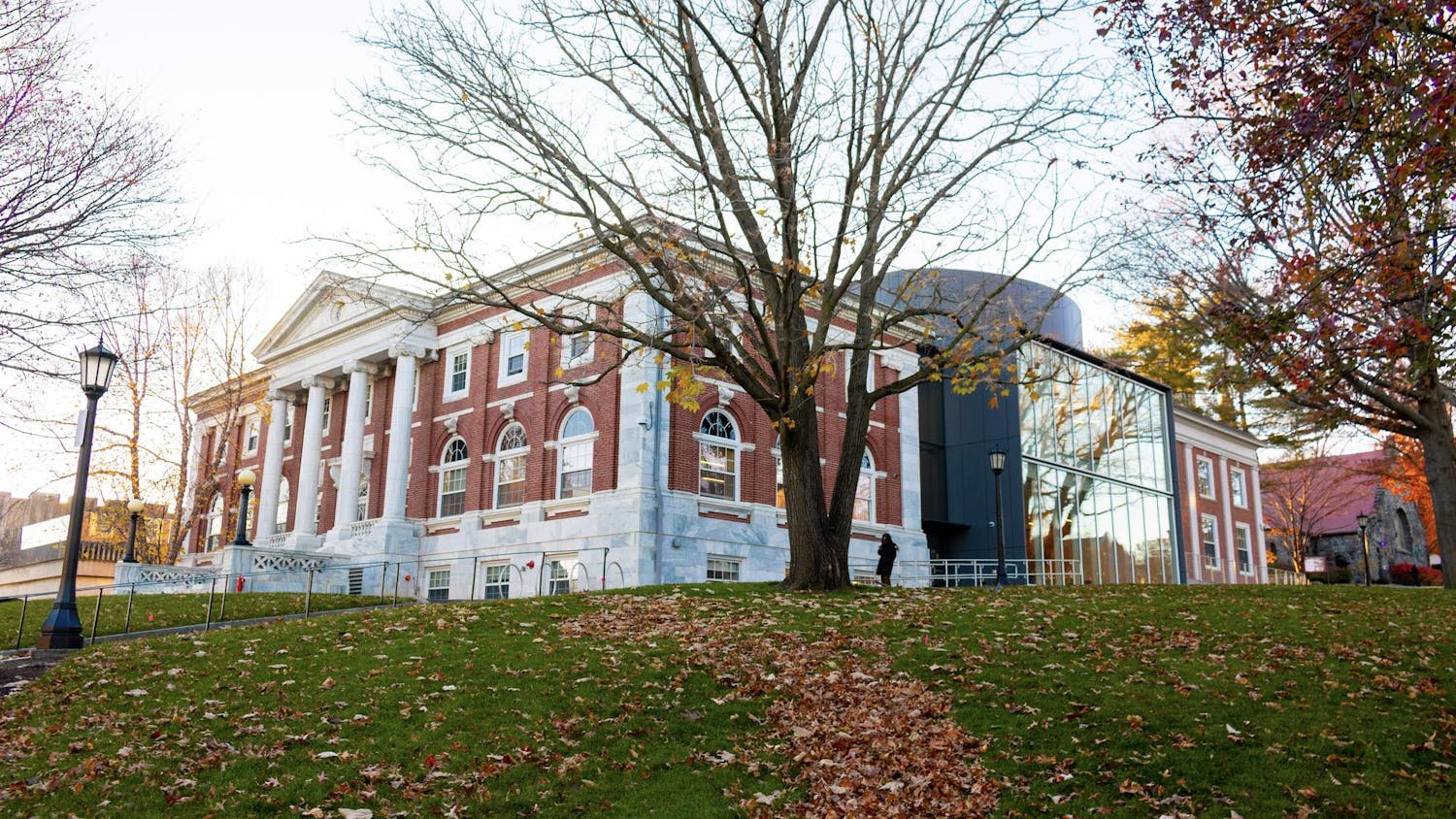Eric Roberts Greitens might be the greatest commencement speaker that you've never heard of. Although it's tempting to associate an unfamiliar name with low-quality speaking ability, Greitens is actually an extremely well-established professional in a field nearly everyone at Tufts is interested in: International Relations. He is a Lieutenant Commander in the United States Navy and has served in Iraq, Afghanistan, Africa and Southeast Asia.
With a Bachelor's Degree from Duke University in Ethics, Philosophy and Public Policy, and a Master's and Ph.D. from Oxford University - which he attended as a Rhodes and Truman scholar - Greitens is also extremely well-educated. While at Oxford, he wrote his thesis on global humanitarian organizations and how they can best serve war-affected children, and has since published two books related to the subject. He's currently a fellow at the University of Missouri's Truman School of Public Affairs and the MBA Program at the Olin School of Business at Washington University.
Still not convinced he's the man for the job? This year, University President Anthony Monaco gave the student body the opportunity to select a speaker, and the Tufts community as a whole chose Greitens. So if he's somehow an inadequate choice, we have no one to blame but ourselves.
There are two types of commencement speakers: famous people who don't care too much about the university, and less well-known figures that come to Tufts not to collect a hefty speaking fee, but rather to form a connection with the university's graduating class. Greitens seems to fall into the latter category, and based on his expertise, it looks like he'll be able to speak about things for which Tufts students truly have a passion.
Past speakers, specifically those chosen during former President Lawrence Bacow's tenure, have come from backgrounds that represent small portions of the school's population, not the class as a whole. For example, last year's commencement speaker, Charles Vest, made a name for himself in the field of engineering, a subject studied by only a small percentage of the campus. But nearly everyone at Tufts cares about global humanitarian issues to some degree, making Greitens a far better selection.
Not only is he a strong candidate in theory, but Greitens has also praised both Tufts and its students extensively in conversations with the Daily and the administration. He is extremely excited about speaking here, and his enthusiasm will more than compensate for his lack of name recognition.
The fact that Greitens is such a relatable speaker for Tufts students is directly tied to the fact that they picked him. In the past, the administration alone selected the speaker. This year, Monaco opened up the process to the entire student body. We believe that this is a far better way for a class to select a speaker, as this year's results show this conclusively. Hopefully, this trial run sets a precedent for students selecting their commencement speaker in the future, making commencement a more engaging and worthwhile experience for the event's most important people: the graduating seniors.





